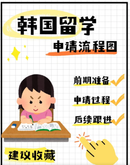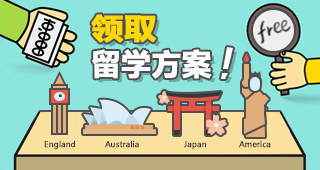七夕节的地道英文究竟是啥?
Tanabata
这个词也是七夕的意思,但指的是日本的七夕节。维基百科这样解释道:
Tanabata (七夕, meaning "Evening of the seventh"), also known as the Star Festival, is a Japanese festival.
日本的七夕节起源于咱们中国的七夕,七夕是中国的情人节,可是在日本,却和情人节沾不上什么边。和日本新年一样,七夕可以许愿,把心愿写在纸条上,然后挂在树上。
除了日本,韩国也过七夕,英文是:Chilseok,英文解释是这样滴:a Korean traditional festival which falls on the seventh day of the seventh month of the Korean lunisolar calendar。
那我们再来看看中国的七夕,英文就是什么样的呢?
中国七夕
一起来看维基百科对中国七夕节的介绍:
The Qixi Festival, also known as the Qiqiao Festival, is a Chinese festival that celebrates the annual meeting of the cowherd and weaver girl in Chinese mythology.
It falls on the seventh day of the 7th month on the Chinese calendar. It is sometimes called the Double Seventh Festival, the Chinese Valentine's Day, the Night of Sevens, or the Magpie(喜鹊) Festival.
七夕节的地道英文就是Qixi Festival,大意是:七夕节,又名乞巧节。该节日来自于牛郎与织女的传说,在农历七月初七庆祝。
这里有个句型,我们需要学习或仿写,如下:
It falls on the seventh day of the 7th month on the Chinese calendar.
七夕节在农历七月初七。
当我们说某个节日在某月某日时,就能用这个句型了。此处的fall,还可以替换成take place。
怎么用英语介绍这个故事呢?
小伙伴们,你们知道牛郎与织女的故事传说有多少年了,是从哪个朝代开始有了这样浪漫的故事呢?一起来看下文吧:
每年的农历七月初七被称为“七夕”。阿拉伯数字“7”在汉语中写做“七”,而“夕”在古汉语中指夜晚,所以“七夕”的字面义就是农历七月初七的晚上。
The day falls on the seventh day of the seventh lunar month. Seven is "qi" in Chinese, so that explains "qi" in the name of the festival. Xi means "night”in ancient Chinese, so "qixi" means the evening of the seventh day of the seventh month.
传说天上的织女与牛郎相恋,便留在人间和他生儿育女。可是织女擅离天庭,私配凡人,触怒了王母娘娘。于是她在天界划了一道银河,将牛郎织女拆散,一对有情人从此天各一方。
Lore holds the weaving goddess fell for a cow herder, and the pair ran away to live together. But her mother was furious, since gods and humans are forbidden to live together. So, shecreated the Milky Way to separate the couple.
幸运的是,一群喜鹊被二人的爱情感动,跨越银河搭成鹊桥。从此,每逢农历七月初七,牛郎织女便得以鹊桥相会。于是七夕就成了一年中牛郎织女重逢的日子。
Luckily, a flock of magpies was moved by their love and decided to form a bridge across the Milky Way to enable them to reunite every year on the seventh day of the seventh lunar month. So they can see each other once a year on this special day.

七夕用英语怎么说
 2720
2720
 2019-11-28 13:45
2019-11-28 13:45
 日本
日本
 韩国
韩国
 英国
英国






















